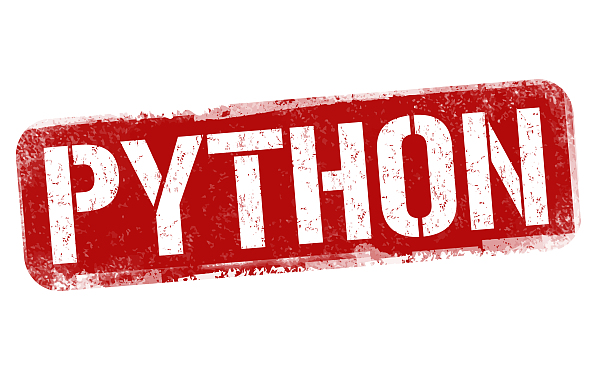I am using Python 3.1 on a Windows 7 machine. Russian is the default system language, and utf-8 is the default encoding.
Looking at the answer to a previous question, I have attempting using the "codecs" module to give me a little luck. Here's a few examples:
>>> g = codecs.open("C:\Users\Eric\Desktop\beeline.txt", "r", encoding="utf-8")
SyntaxError: (unicode error) 'unicodeescape' codec can't decode bytes in position 2-4: truncated \UXXXXXXXX escape (<pyshell#39>, line 1)
>>> g = codecs.open("C:\Users\Eric\Desktop\Site.txt", "r", encoding="utf-8")
SyntaxError: (unicode error) 'unicodeescape' codec can't decode bytes in position 2-4: truncated \UXXXXXXXX escape (<pyshell#40>, line 1)
>>> g = codecs.open("C:\Python31\Notes.txt", "r", encoding="utf-8")
SyntaxError: (unicode error) 'unicodeescape' codec can't decode bytes in position 11-12: malformed \N character escape (<pyshell#41>, line 1)
>>> g = codecs.open("C:\Users\Eric\Desktop\Site.txt", "r", encoding="utf-8")
SyntaxError: (unicode error) 'unicodeescape' codec can't decode bytes in position 2-4: truncated \UXXXXXXXX escape (<pyshell#44>, line 1)
My last idea was, I thought it might have been the fact that Windows "translates" a few folders, such as the "users" folder, into Russian (though typing "users" is still the correct path), so I tried it in the Python31 folder. Still, no luck. Any ideas?







 已为社区贡献126473条内容
已为社区贡献126473条内容

所有评论(0)